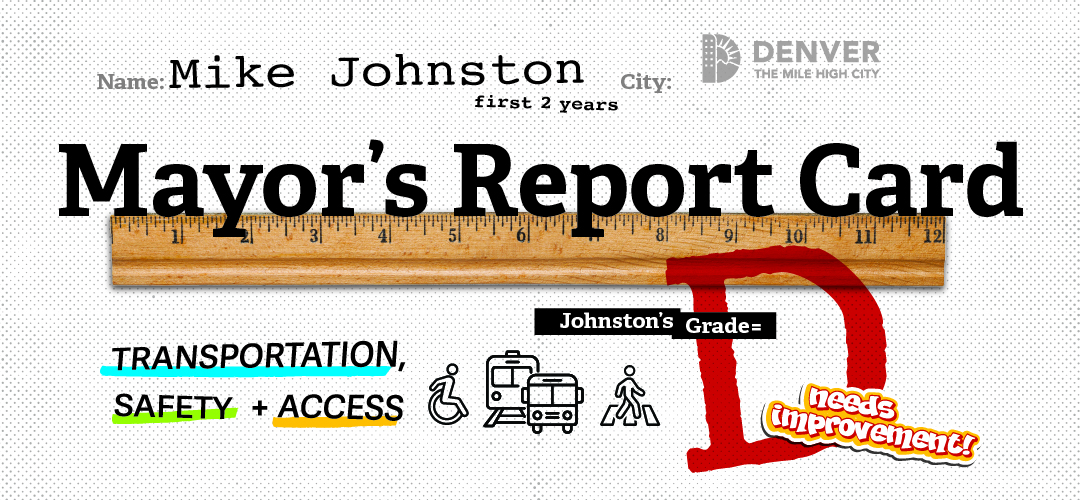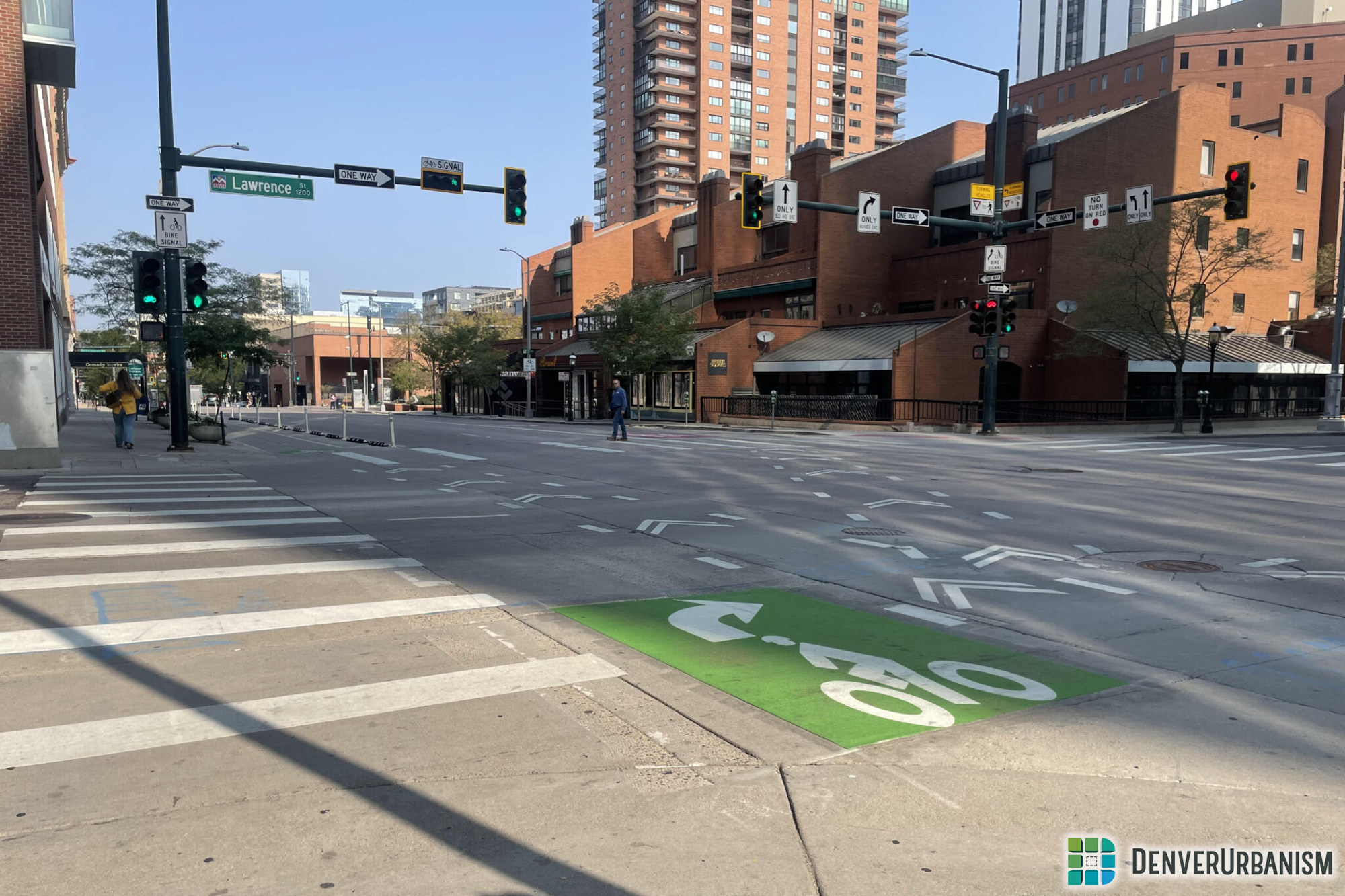A few short decades ago the United States built the Interstate Highway System, one of the greatest public works of all time. It’s a good thing we built it when we did, because we couldn’t afford it today. This country can’t afford to build much new transportation infrastructure at all these days, whether road or transit.
Why? It’s not as if we’re a less wealthy nation now. On the contrary, we’re wealthier. The problem is that the gas tax, the primary source of revenue for federal transportation capital investment, has been shrinking every year.
The gas tax isn’t indexed to inflation. It was 18.4 cents per gallon years ago when gasoline was less than a dollar per gallon overall, and it remains 18.4 cents per gallon today. Since revenue generated from the gas tax stays the same while the rest of the economy grows, that means the gas tax revenue doesn’t have the buying power that it used to.
In fact, when you take inflation into account American drivers are only paying half as much in federal gas taxes as they were in 1975.
That’s a double whammy, because not only do we have half the budget we used to, but instead of spending it all on new infrastructure we have to split it on maintenance for all the new roads we’ve built during that time. So we have less money, and most of what we do have is already spoken for. The leftovers available for new construction are a pittance, relatively speaking.
And that’s under the best case scenario from a revenue-generating standpoint.
What happens if Americans drive less, as we’ve been doing since 2008? Then the revenue starts dropping in real terms, not just inflationary terms. Triple whammy. I work in Virginia, where the state DOT’s budget went from $4,797,323,761 in fiscal year 2008 to $3,736,056,514 in fiscal year 2011. That’s almost a quarter decrease in real terms. Most state DOT’s around the country are in the same boat.
No wonder we can’t build the sort of things we used to be able to build. No wonder our infrastructure is crumbling. No wonder China is blowing us away.
The good news is that bipartisan support is building for a hike in the federal gas tax. The president’s bipartisan debt reduction commission recommended raising the gas tax by 1 cent per month for 25 months, until it is 43.4 cents per gallon (more than twice its current rate), and then indexing it to inflation after that.
If legislators have the courage to enact such a change they would be doing the country a dramatically important public service.
Of course, that would only be the first step of what would have to be at least a three-step process to really fix our nation’s infrastructure for the long term. The second step would be to spend that new cash on multi-modal infrastructure projects that reduce our need to drive long distances for daily needs. Investing in better rail, transit and non-motorized infrastructure would make our country less congested, less polluted, and less reliant on foreign oil.
The third step would be to abandon the gas tax and adopt a new revenue system, since gas tax revenue will become less reliable as multi-modal transport options become more available. With gasoline likely to become more sparse in the future anyway, that’s a problem we are likely to face sooner or later regardless of steps one and two.
While it’s true that increasing the gas tax may be a band aid (or a first step) rather than a permanent revenue solution on its own, it is also true that it’s desperately needed band aid. We simply can’t keep up with the infrastructure demands of our economy with such inadequate funding.










Screw federal action.
Colorado should raise its “motor fuel” tax by 1 cent per month for the next 60 months.
And, I am a fiscal conservative.
Although I can understand inflation in the cost of road construction and maintenance, I don’t understand the relevance of connecting changes in the price of gasoline to the cost of road construction and maintenance. If the gas tax is to be increased for inflation, the increase should be tied to what is need to fix the roads, not to the fluctuating price or oil or gas.
The only answer is a 15% flat tax on everything. If we did that this national would be flush with so much cash we could rebuild all the roads.
The actual number would be closer to 23-25% just to keep the same revenue targets in place now.
Sorry Dan, but I’m a Maherist. There’s no way Americans will accept a rise in the gas tax. Sure, they want the roads and bridges fixed but they don’t want to pay for it. And no politician worth his re-election fund will be willing to risk being “tea-partied” out to even suggest any type of tax increase. The President’s debt commission’s findings have not been endorsed by any of the elected officials on the panel. Just ain’t gonna happen.
It’s certainly true that no politician will be likely to vote for a tax increase that nobody is asking for. If we want it, we have to talk about it.
Agree that something needs to be done. The money has to come from somewhere. We as a people are so immature when it comes to taxation. We are in an impossible spot if the gov’t doesn’t increase revenues to support an aging infrastructure, multiple wars, and underfunded entitlement programs. The gas tax is a start. With more alt energy powered cars in our future, will be interesting to see what comes of Oregon’s mileage based auto tax experiment.